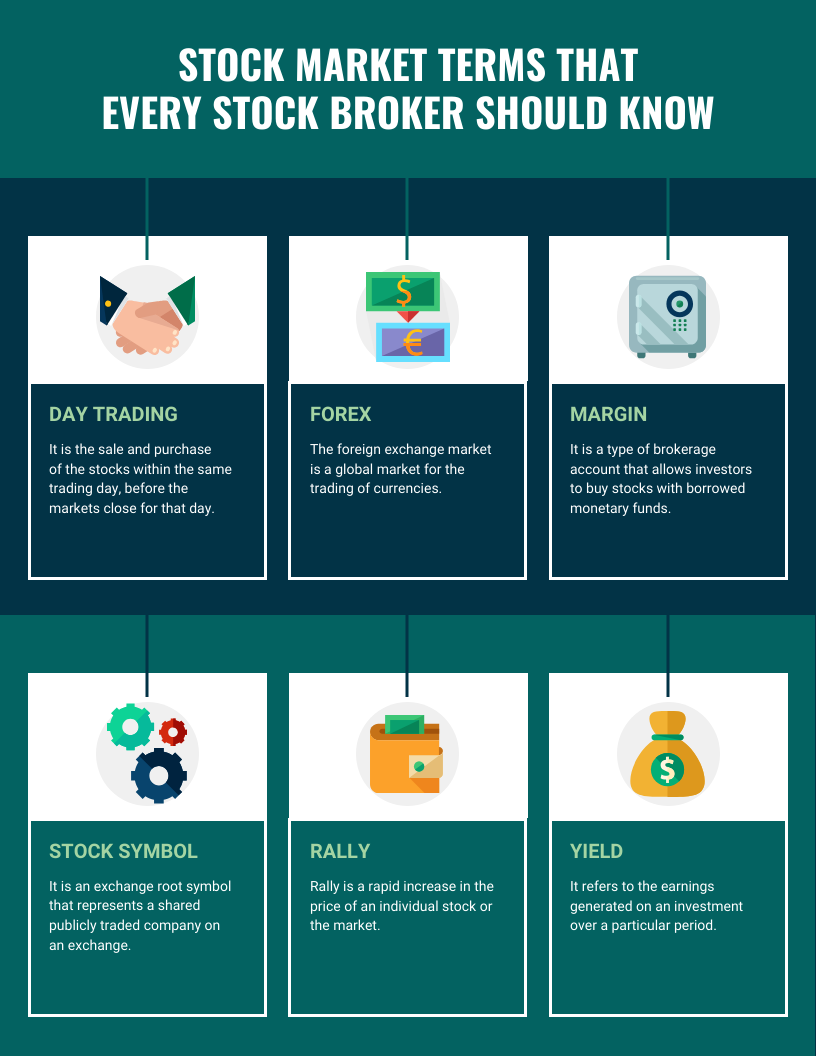Investing in the stock market can be intimidating, especially for beginners. The jargon and terminology can be overwhelming, but understanding some basic terms can help you navigate the world of stocks more confidently.
Whether you’re looking to invest in individual stocks or mutual funds, knowing these key terms will help you make more informed decisions and potentially increase your chances of success in the stock market.
Stock Market Terms for Dummies
1. Stock: A stock represents ownership in a company. When you buy a stock, you are purchasing a small piece of that company. Stocks are traded on stock exchanges such as the New York Stock Exchange (NYSE) or the Nasdaq.
2. Dividend: A dividend is a payment made by a company to its shareholders. It is usually a portion of the company’s profits. Dividends are typically paid quarterly and can provide investors with a source of passive income.
3. Market Cap: Market capitalization, or market cap, is the total value of a company’s outstanding shares of stock. It is calculated by multiplying the company’s share price by the number of outstanding shares. Market cap can help investors gauge the size and value of a company.
4. Bull Market vs. Bear Market: A bull market is a period of rising stock prices and optimism among investors, while a bear market is characterized by falling stock prices and pessimism. Understanding the difference between these two market conditions can help investors make strategic decisions.
5. Diversification: Diversification is a risk management strategy that involves spreading your investments across various assets to reduce the impact of market volatility. By diversifying your portfolio, you can potentially mitigate losses during market downturns.
By familiarizing yourself with these basic stock market terms, you can start to feel more comfortable navigating the world of investing. Remember to do your research, consult with financial advisors, and stay informed about market trends to make informed decisions.
Whether you’re a beginner or a seasoned investor, understanding these terms can help you make more informed decisions and potentially grow your wealth over time.
